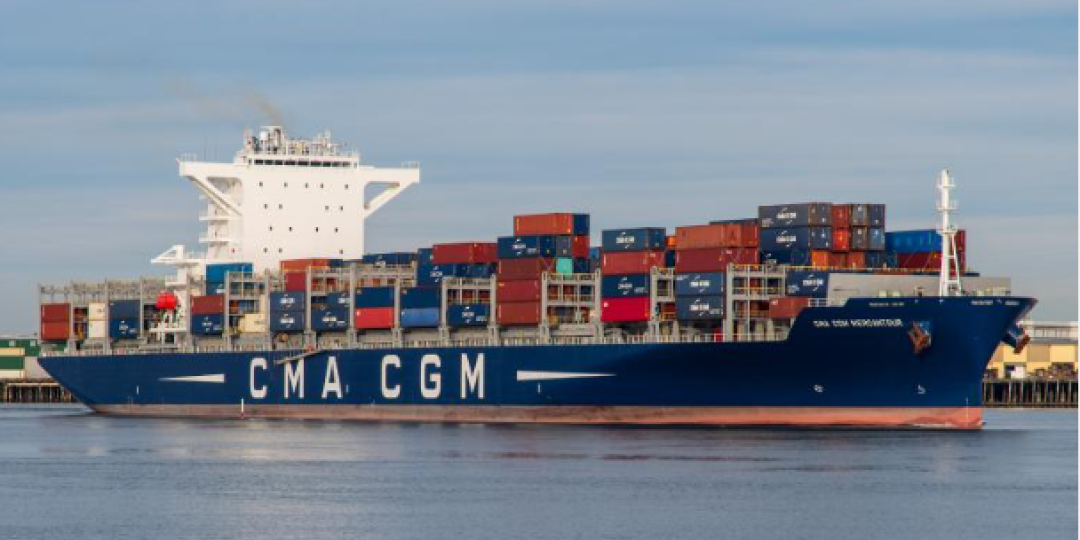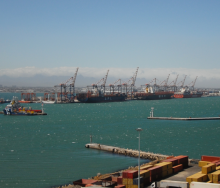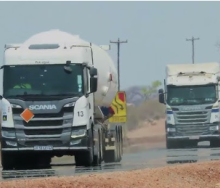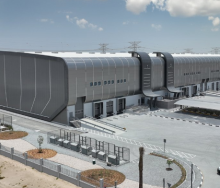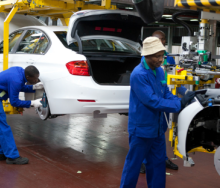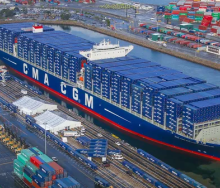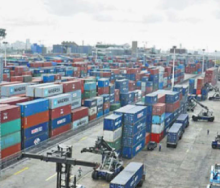French shipping major CMA CGM Group has delivered a robust set of results for the third quarter as strong demand for shipping amid the prospect of port strikes on the US East Coast, and the US presidential election on November 5 created a supportive market environment.
Group revenue rose 38.5% to $15.8 billion compared with the third quarter of 2023, driven mainly by the shipping business. Ebitda totalled $5.0bn and the margin came in at 31.4%, up 14.0 points.
In all, 6.0 million TEUs were carried in Q3, up 5.5% from the prior-year period. The increase could be explained by strong demand over a period that proved dynamic for global trade, said Rodolphe Saadé, chairman and chief executive officer.
Shipping capacity continued to be limited by the rerouting of vessels via the Cape of Good Hope and a degree of anticipation in an uncertain global context. The strong demand amplified the usual peak season, and also caused it to begin earlier than usual.
Revenue from maritime shipping operations amounted to $10.9bn over the quarter, up 43.4% from third-quarter 2023. Ebitda came in at $4.4bn and the Ebitda margin at 40.2%. Average revenue per TEU amounted to $1 798.
“In the context of geopolitical and economic uncertainties, our Group has delivered solid performances in the third quarter, with very dynamic maritime activity and a logistics pillar that continues its transformation. This quarter also marked an important step in the deployment of artificial intelligence across our activities to continue enhancing the quality of service for our customers,” said Saadé.
The Group continued to strengthen its end-to-end logistics operations with the signing of an agreement to acquire a stake of around 48% in Santos Brasil, the leading terminal operator in Brazil and the owner of South America’s largest container terminal.
It has committed $18bn to order 131 vessels capable of running on low-carbon energy (biomethane, biomethanol and synthetic fuels). They will be operational by 2028. Twelve of these new vessels, powered by liquefied gas (LNG, biomethane, e-methane), joined the fleet in the third quarter.
In addition, the company has signed a memorandum of understanding with SUEZ to step up biomethane production in Europe and the low-carbon transition of maritime shipping. The MoU provides for the production of up to 100 000 tons of biomethane per year by 2030.
It has also signed a strategic partnership with Google to put artificial intelligence at the centre of all its maritime, logistics and media operations. By drawing on Google's AI solutions and experts, the company will be able to equip its employees with decision-making tools.
Revenue from logistics operations totalled $4.8bn in the third quarter. Ebitda stood at $459m, a 32.8% increase on third-quarter 2023.
Looking ahead, after a very volatile 2024, 2025 would be shaped by many sources of uncertainty as macroeconomic trends, regulatory changes and geopolitical challenges could continue to weigh on the fluidity of maritime shipping and logistics, said Saadé.
“At the same time, new container shipping capacity will come into service. This may disrupt the balance between supply and demand and continue to hamper freight rates, in line with the recent trend.”
